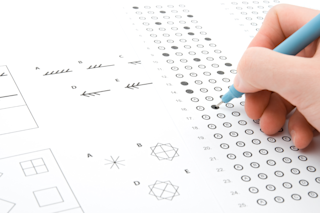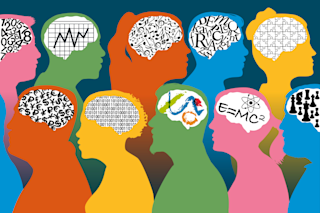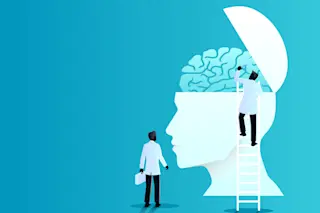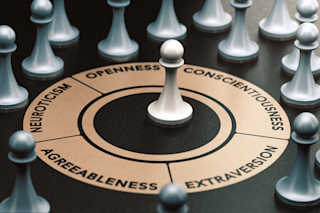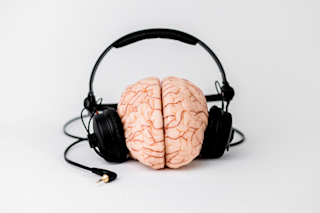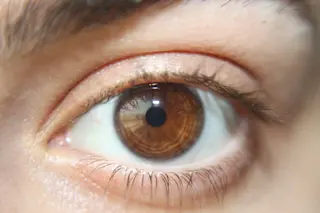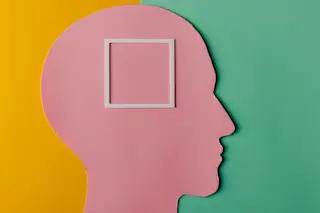Men who are older when they father children tend to have children who score slightly lower on IQ tests and other measures of cognitive function, according to a new study. That conclusion, which researchers called unexpected and startling, adds to a recent surge of evidence that, like women, men also have a biological clock. Older
fathers have been linked to a range of health problems, including an increased risk of birth deformities, autism and neuropsychiatric conditions, such as schizophrenia and bipolar disorder.... Experts believe mutations in a man's sperm, which build over time, may be a factor [BBC News].
However, lead researcher John McGrath says that the findings shouldn't cause panic.
“With respect to childhood intelligence, a vast array of factors is far more powerful than paternal age,” McGrath cautions. These factors include nutrition, health care and family income [Science News].
Researchers say that adjusting for socioeconomic factors like family ...





